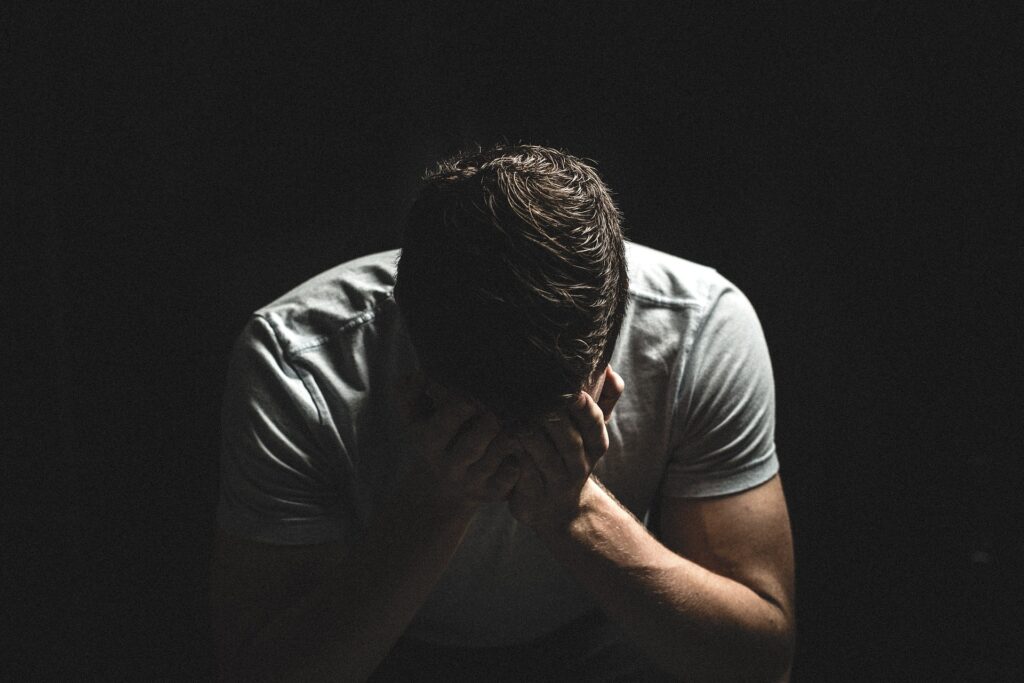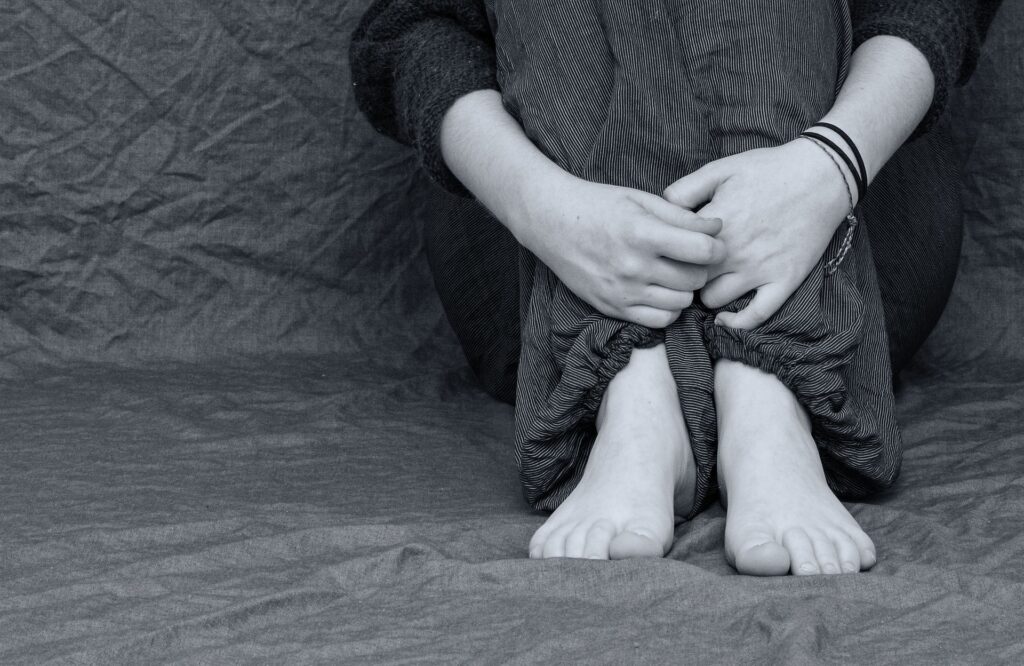
Can emotional trauma cause brain damage, some people asked? In a nutshell, the human brain is in two parts, one is responsible for thinking logically and the other handles emotions, memories and survival instincts.
When you experience a traumatic event, your amygdala – the part of your brain that senses danger – gets hyperactive and your prefrontal cortex – which rationally regulates your emotions – can get blocked off. Emotional trauma if it doesn’t cause brain damage at least can alter your brain somewhat.
What happens to your brain after trauma?
The amygdala is a crucial part of the brain because it detects threats and reacts by sending out alarms to your body systems. These alarms trigger your sympathetic nervous system, which releases adrenaline, noradrenaline and stress hormones that prepare your body for a fight-or-flight response.
This response causes your heart rate to increase, blood pressure to rise and you can feel a sense of urgency to act. You may also feel fear, anxiety and a feeling of shock.
However, these feelings dissipate when the crisis ends and the experience fades from memory. Some people experience these negative emotional responses for months or even years after the event, and they can make it hard to think clearly or deal with day-to-day life.
This can lead to a condition called post-traumatic stress disorder (PTSD), which affects 8% of Americans and it’s a lifetime problem for most people. It can lead to a range of mental health problems, such as depression and anxiety. But the good news is that emotional trauma can be treated and cured.
How to recover from emotional trauma
The road to recovery from emotional trauma can be long and hard. But it is possible, with help and commitment from loved ones and a trained therapist.
Emotional trauma is any experience that leaves you feeling unsafe and unsure of yourself. It can be the result of a single event or part of an ongoing process like chronic abuse, bullying or discrimination.
That can leave you feeling a wide range of emotions, from fear to anger to shame and guilt. It can also change how you feel about yourself and others, and it may have a lasting impact on your emotions, relationships and even physical health.
When you recover from trauma, it is important to accept the feelings that you have. You can’t control them, but you can work to recognize them and learn how to cope with them.
Practice self-care, relaxation and healthy eating. These things will make you feel good and reduce stress, and they will improve your ability to manage the feelings that come up when healing from trauma.
Foster social connections, especially with people you love and trust. Spending time with your friends and family will increase your sense of safety and comfort, which is an important part of healing from trauma.
Get plenty of sleep, eat well and exercise regularly. Quality sleep can help you regulate your emotions, so try to go to bed and wake up at the same time each day and aim for 7 to 9 hours of sleep every night.

How to heal from trauma without therapy
The road to recovery from trauma can be a long one, but it is not impossible. Mental health professionals can help you process your experience and learn new coping skills to move forward in life.
Whether you are in need of professional therapy or want to heal on your own, there are many ways to do so. Some may be more effective than others, and you need to find the right combination that works best for you.
Practice Diaphragmatic Breathing
The ability to relax deeply and breathe through difficult feelings can be an important part of healing from trauma. Try to use diaphragmatic breathing as often as possible and try different techniques until you find what works for you.
Take Up a New Hobby
Finding something you enjoy doing can be a great way to divert your thoughts from traumatic memories and experiences. Getting involved in a new hobby can also provide you with a sense of accomplishment and make you feel better about yourself.
Reconnect with Friends
If you have withdrawn from friends and family due to trauma, try reconnecting with them as soon as you feel ready. Having a friend that understands your emotions can be a huge help to you in recovery.
Join a Support Group
Reconnecting with people in the same situation as you can reduce your sense of isolation and increase your sense of connection. This will help you cope with the symptoms of trauma and allow you to share your story and receive support from others.
How to heal from childhood trauma
Traumatic experiences can impact the way we interact with others, manage emotions, and lead to mental health problems later in life. Learning how to heal from childhood trauma is the key to thriving in adulthood.
The first step to healing from a traumatic experience is acknowledging that it happened and then accepting that you are not at fault for it. You can also work towards forgiveness for what was done to you, even if you are angry or feel guilty about it.
Be patient, take things one step at a time and accept that it may take some time to heal. You will need to spell out the trauma, identify how it affects your day-to-day life, learn coping mechanisms and change how you think about it.
1. Accept that it did happen: Many people who are victims of childhood trauma spend years trying to ignore or dismiss what they experienced by pretending they don’t remember it, blaming themselves and making it up.
2. Forgive yourself: This may seem like the last thing you want to do, but it is crucial to move past your traumatic experiences and forgive yourself for what you did. 3. Love the little child inside you: You can use a variety of techniques to connect with and love your inner child. This includes talking, hugging, wiping away tears and being the kind of adult your young self would have loved to have in their lives.
If you liked the article, please donate!
